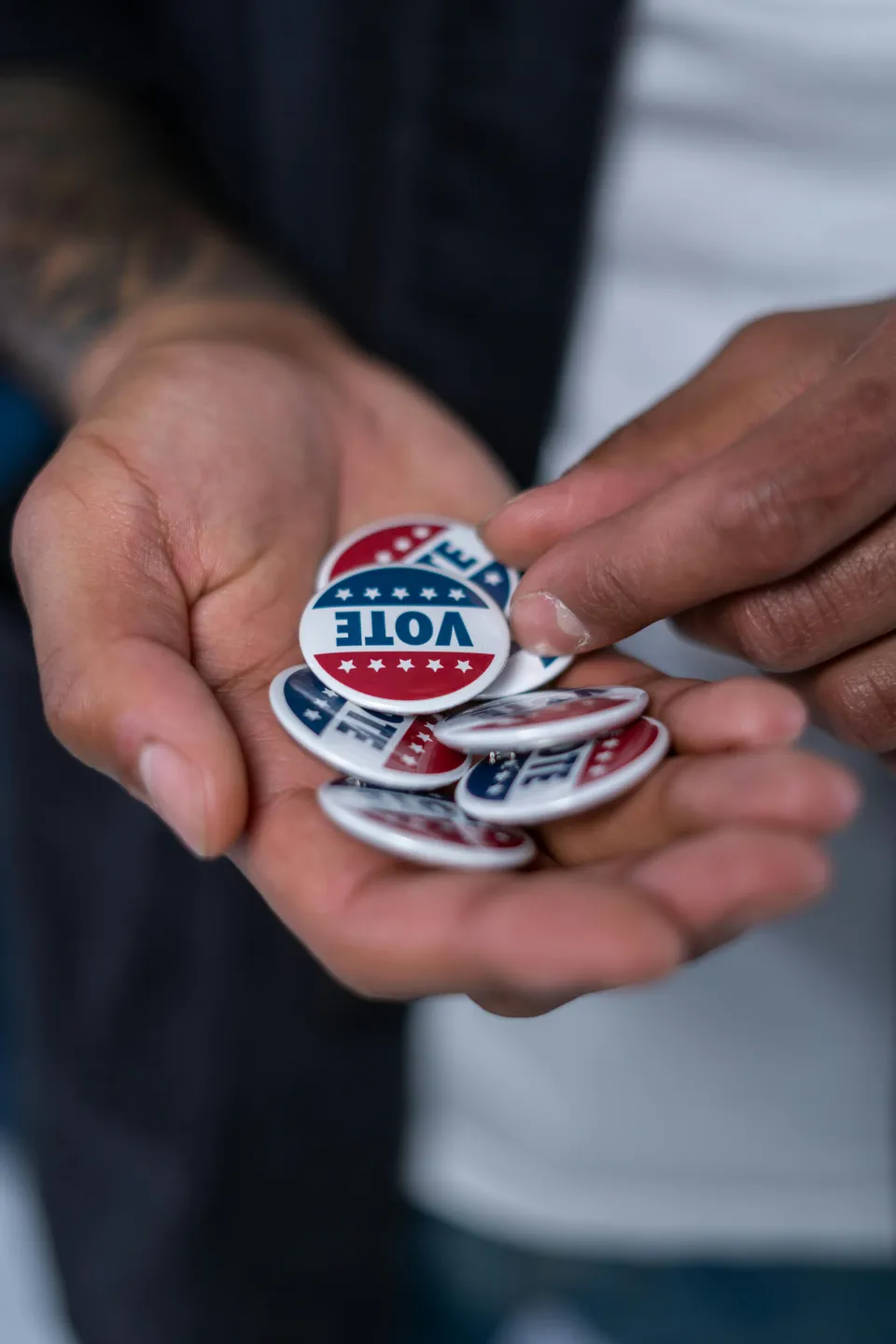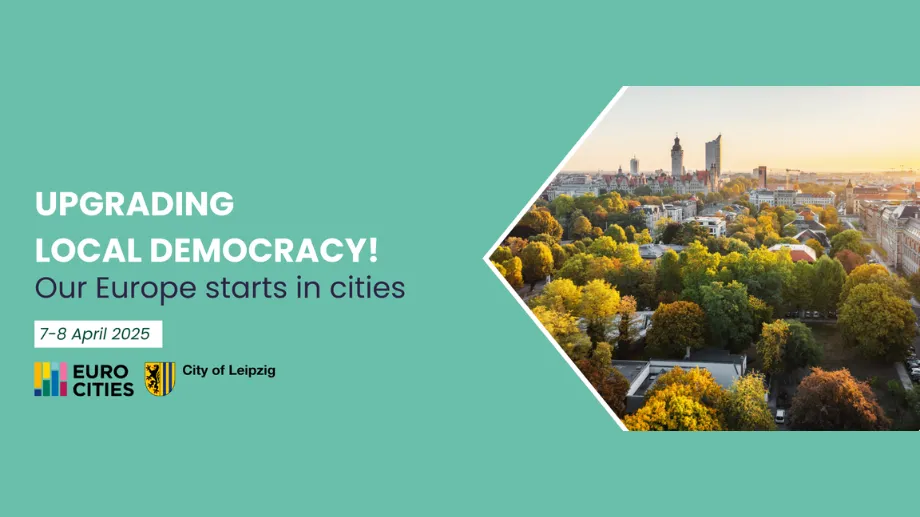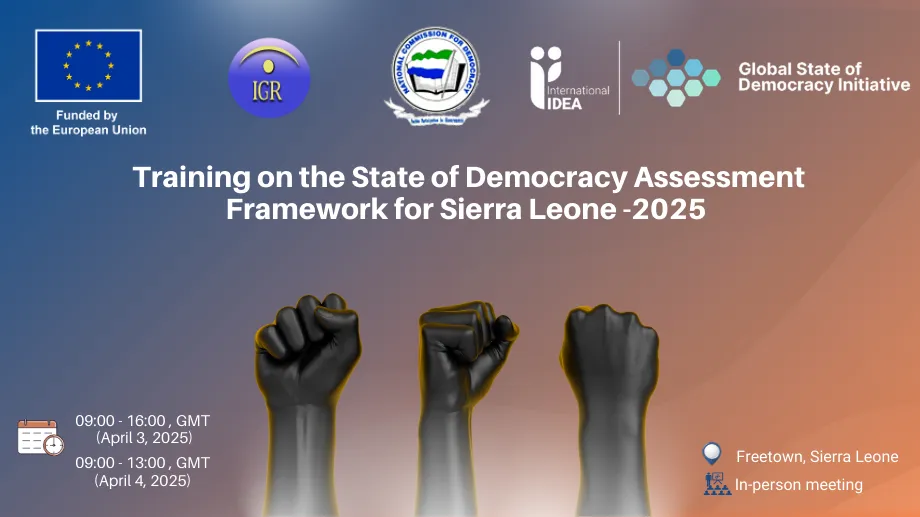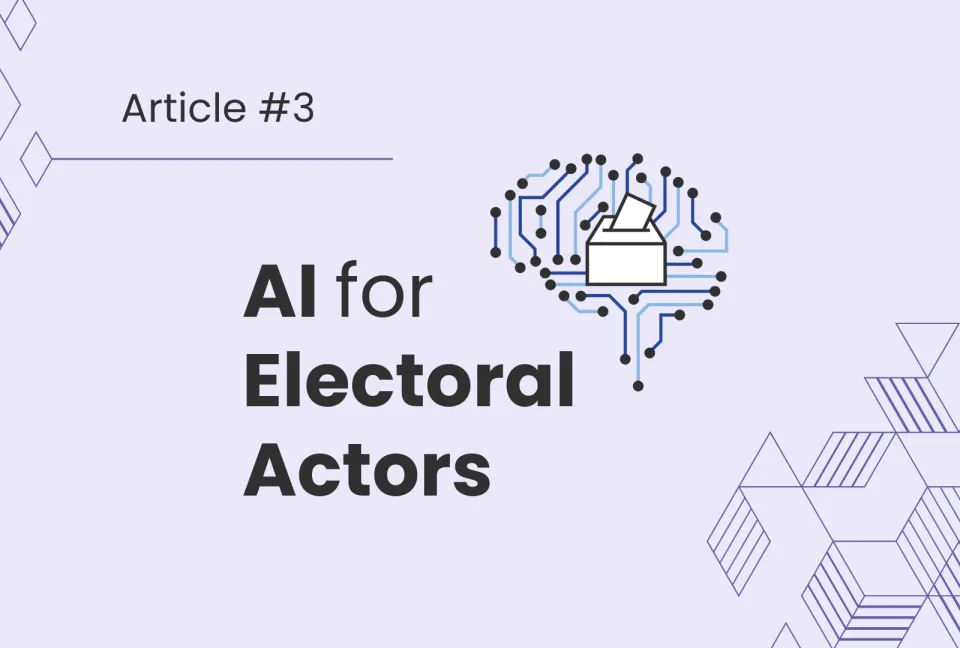International IDEA Offers Forum for Policy Guidance in Managing Constitutional Transitions and Territorial Cleavages
STOCKHOLM—International IDEA will host a forum on Dealing with Constitutional Transitions and Territorial Cleavages29-30 September in Brussels. During this global event, participants will discuss research and guidance on how to manage and avoid the threats that emerge from poorly managed constitutional reform processes in divided societies. How well resolutions are handled directly influence international and internal conflict, economic trade and development, increased refugee flow and the protection of human rights.
Issues include political mobilization of interests and identities, economic, political and cultural autonomy for local populations and participation of said communities in the making of national constitutions. The event, hosted by the European Union Committee of the Regions and in cooperation with the European Union European External Action Service, focuses on regions and specific countries such as Libya and Ukraine.
Lord Jack McConnell of the House of Lords, United Kingdom will give the keynote address on the first day of the forum. International IDEA Secretary-General Yves Leterme, Committee of Regions Vice President Karl Heinz Lambert and H.E. Ambassador Roberto Balzaretti, Ambassador of Switzerland to the European Union will each share welcome remarks at the start of the day on 30 September.
“Dealing with territorial cleavages and constitutional transitions is about how intrastate conflicts can be mediated through a common, negotiated, inclusive constitutional bargain, instead of violence and oppression”, said International IDEA Secretary-General Yves Leterme. “International IDEA invites policy makers and civil society to review the information available and take on the work of holding open dialogue”.
The two-day event aims to provide policy guidance through discussions and will bring together national and sub-national government representatives, representatives of intergovernmental organizations, senior scholars and prominent civil society actors engaged in relevant advocacy efforts.



